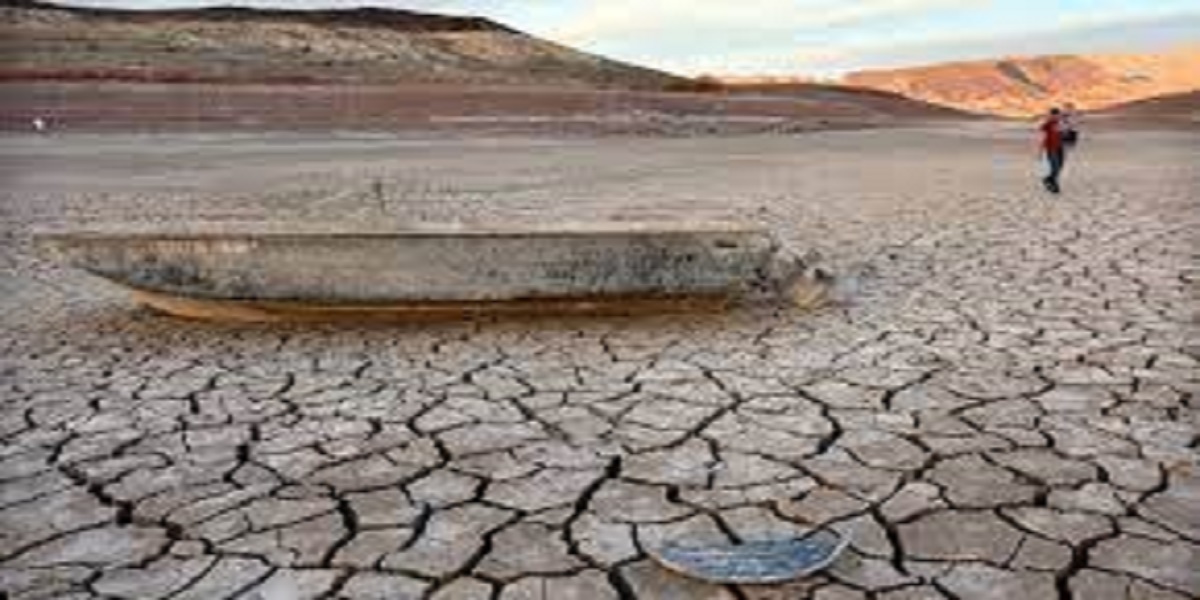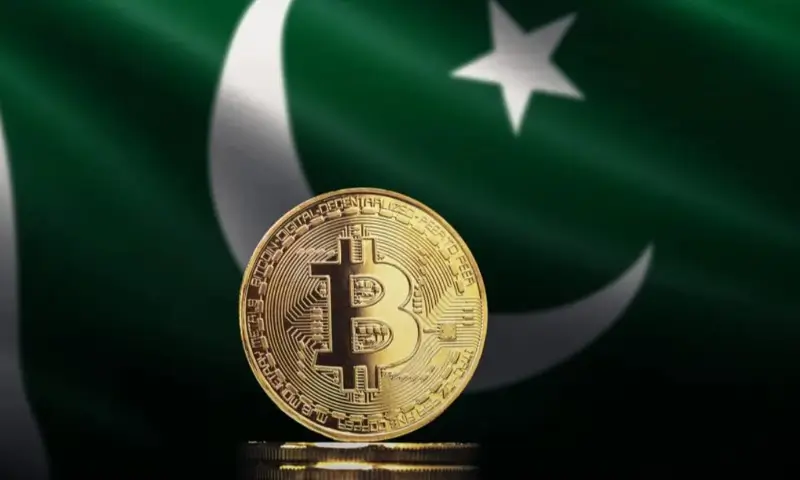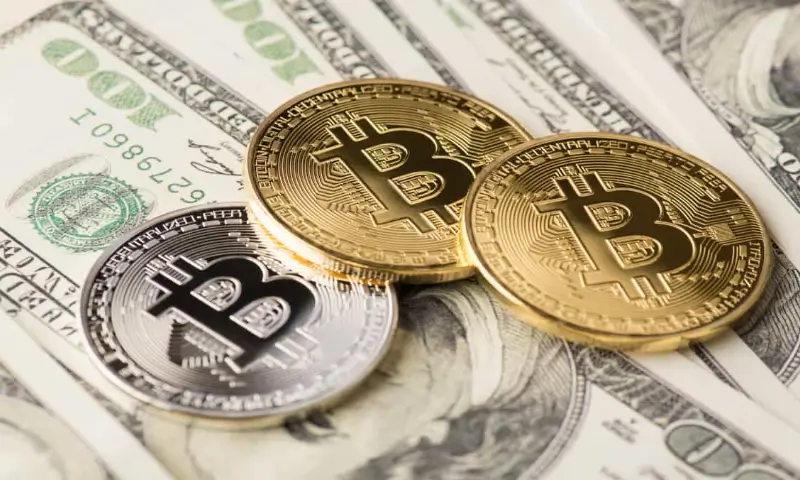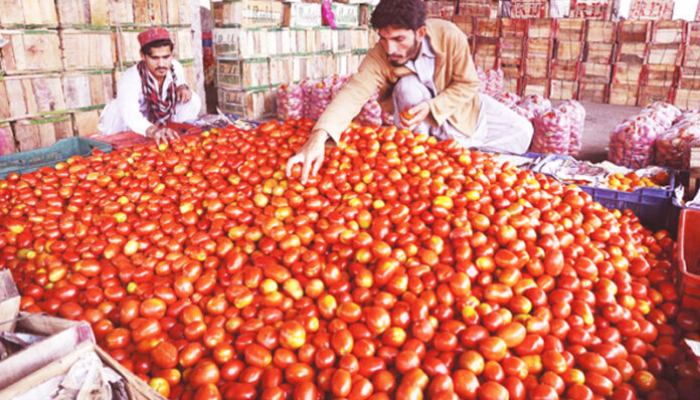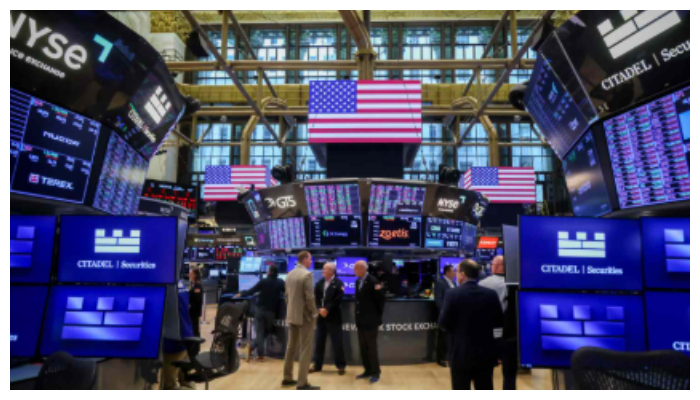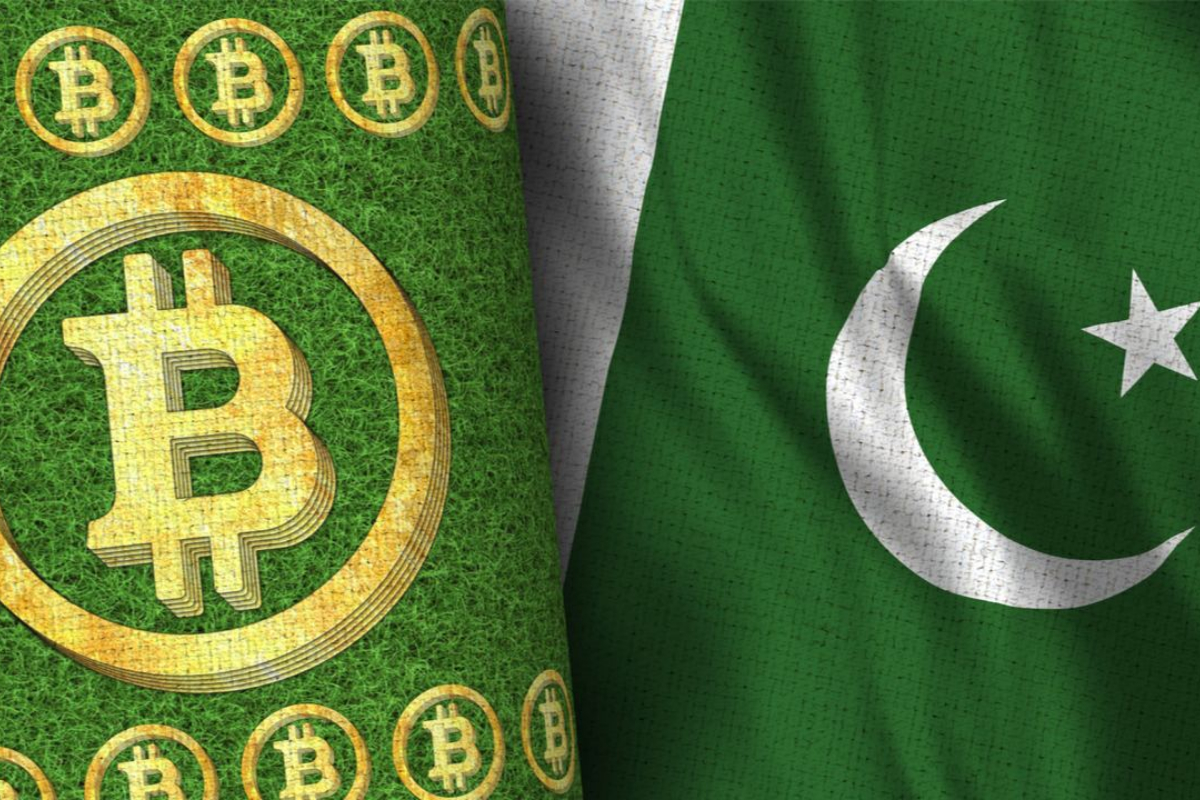The worldwide economy is being brought to the edge of an incline by emergency upon emergency.
As the primary World Economic Forum to be held face to face starting around 2020 opened in Davos, Switzerland on Monday, the International Monetary Fund said the economy faces “maybe its greatest test since the Second World War.”
“We face a possible conjunction of catastrophes,” IMF Managing Director Kristalina Georgieva said in an articulation.
She cautioned that Russia’s attack of Ukraine has “compounded” the impacts of the Covid-19 pandemic, burdening the financial recuperation and fanning expansion as the expense of food and fuel hops.
Increasing loan fees are adding to strain on nations, organizations and families with large heaps of obligation. Market choppiness and progressing store network imperatives likewise represent a gamble.
And afterward there’s environmental change.
The top of the International Energy Agency encouraged nations to settle on the right venture decisions in light of the petroleum product deficiencies set off by Russia’s assault on Ukraine.
“Certain individuals might well blame Russia’s attack of Ukraine for … another influx of petroleum product speculations,” IEA boss Fatih Birol said during a conversation in Davos. “It will everlastingly close the way to arriving at our environment targets.”
The size of the monetary test was highlighted by another report from the OECD on Monday, showing that the consolidated GDP of the G7 nations shrank by 0.1% in the principal quarter of the year, contrasted and the past three-month time frame.
“We can’t tackle the issues in the event that we center around only one of the issues,” German economy serve Robert Habeck said. “Assuming these issues are not generally settled, I dread, we will see a worldwide downturn — with tremendous ramifications, for the environment, for environment security, yet for worldwide strength.”
To restrict financial pressure, the IMF is calling for government authorities and business pioneers meeting in Davos to examine bringing down exchange hindrances.
Yet, as nations fight developing consternation about the average cost for most everyday items emergency at home, some are going the other way, carrying out limitations on exchange food and farming items that can worsen deficiencies and push up costs around the world.
Recently, India’s choice to boycott the commodity of wheat sent the cost of the grain taking off, despite the fact that it’s a moderately little exporter. Indonesia restricted most products of palm oil in April to safeguard homegrown supplies, yet will lift the boycott this week.
Talking during a visit to Tokyo, President Joe Biden said Monday that a downturn was not unavoidable and he repeated that the White House was thinking about eliminating some Trump-period duties on Chinese products, which Treasury Secretary Janet Yellen has said cause more damage than great for American buyers and organizations.
The greatest unturned stone the organization has is to lift the Trump taxes on China. It wouldn’t be gigantic, yet it would be bigger than some other choice they have,” said Jason Furman, who recently filled in as President Barack Obama’s top monetary consultant.
He let CNN Business know that the United States “is at all terrible state of any economy on the planet.” Consumers are stressed over expansion, however they actually have a major pot of reserve funds, and spending serious areas of strength for stays.
“I’m more stressed over downturn takes a chance around one year and further from here on out,” he said. “I figure the Fed ought to be pursuing for a delicate landing. I don’t realize that they’ll succeed.”
In the interim, China could see its economy recoil this quarter due to the effect of Covid-19 lockdowns in Shanghai, Bejiing and many different urban areas, and the aftermath of a land emergency.
The country’s national bank conveyed the greatest slice on record on Friday to a key financing cost subsequent to lodging deals imploded.
Zhu Ning, a teacher at the Shanghai Advanced Institute of Finance, said he accepted that specialists actually had adequate choices to handle the series of difficulties confronting the world’s second greatest economy.
“China actually has a great deal of room assuming that it needs to — to bring down loan fee, to give money related boost to the economy,” he said.

